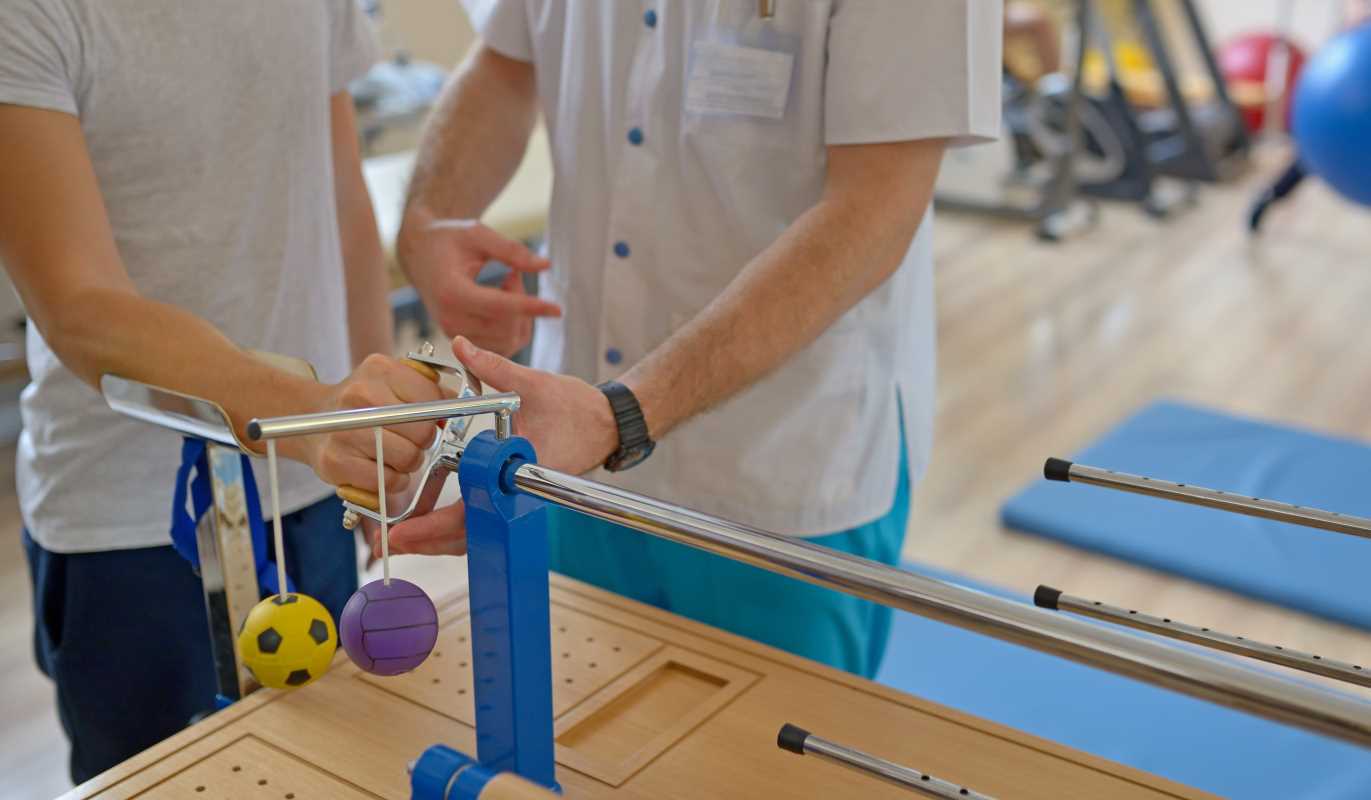Hypertension, or high blood pressure, is often thought of as a condition that primarily affects older adults. However, it's increasingly becoming a concern for young adults as well. Left unmanaged, hypertension can lead to serious health problems such as heart disease, stroke, and kidney damage—even at a young age. The good news? It’s largely preventable through proactive lifestyle choices and regular monitoring. By adopting healthy habits early, you can protect your health for the long haul.
Here are some key preventive measures to help young adults manage their blood pressure and maintain overall wellness.
1. Maintain a Healthy Diet
What you eat plays a huge role in managing blood pressure. A balanced diet not only helps maintain a healthy weight but also supports cardiovascular health.
Reduce Sodium Intake
- Excessive sodium can make your body retain water, which increases blood pressure. Aim for less than 2,300 milligrams of sodium per day, and opt for fresh, whole foods instead of processed options that are often high in salt.
Follow the DASH Diet
- The Dietary Approaches to Stop Hypertension (DASH) diet is specifically designed to lower blood pressure. Focus on plenty of fruits, vegetables, whole grains, lean proteins, and low-fat dairy, while limiting saturated fats and added sugars.
Stay Hydrated
- Adequate water intake helps maintain proper blood volume and kidney function, both of which play a role in keeping blood pressure under control.
Eat Potassium-Rich Foods
- Foods like bananas, sweet potatoes, spinach, and avocados are rich in potassium, which helps counteract the effects of sodium.
2. Get Regular Exercise
Physical activity not only keeps your body strong but also helps maintain healthy blood pressure levels. Regular exercise strengthens your heart, making it more efficient at pumping blood.
Aim for 150 Minutes Per Week
- Adults should aim for at least 150 minutes of moderate aerobic exercise per week. This can include brisk walking, cycling, swimming, or dancing.
Include Strength Training
- Incorporating strength training exercises 2-3 times weekly can further support cardiovascular health and improve overall fitness.
Find Activities You Enjoy
- The best kind of exercise is one you’ll stick with. Choose activities you genuinely enjoy, whether it’s yoga, team sports, or a group fitness class.
3. Manage Stress Effectively
Chronic stress can take a toll on your body, including raising your blood pressure. Taking steps to manage stress not only improves your mental well-being but can also lower hypertension risk.
Practice Relaxation Techniques
- Deep breathing exercises, meditation, or progressive muscle relaxation can help calm your mind and reduce stress-related blood pressure spikes.
Make Time for Hobbies
- Engaging in hobbies you love can provide a sense of relief and joy, helping to lower overall stress levels.
Establish a Work-Life Balance
- Set boundaries to prevent work or school responsibilities from dominating your life. Prioritize time for yourself, your friends, and your family.
Get Quality Sleep
- Sleep deprivation can lead to increased stress and higher blood pressure. Aim for 7-9 hours of quality sleep per night and stick to a regular sleep schedule.
4. Avoid Smoking and Limit Alcohol Consumption
Tobacco and alcohol both have direct links to high blood pressure, making it crucial to limit or avoid these substances.
Quit Smoking
- Smoking damages blood vessel walls and increases blood pressure almost immediately after a cigarette. Quitting smoking has immediate and long-term benefits for your heart and overall health.
Drink in Moderation
- If you consume alcohol, limit it to moderate levels—up to one drink per day for women and two drinks per day for men. Excessive drinking can lead to high blood pressure and other serious health concerns.
5. Keep a Healthy Weight
Being overweight or obese puts extra strain on your heart and can raise blood pressure levels. If needed, work on achieving a healthy weight through a combination of diet, exercise, and balanced lifestyle habits. Even a modest amount of weight loss can have a significant effect on reducing blood pressure.
6. Monitor Blood Pressure Regularly
You don’t have to wait for symptoms to appear to take hypertension seriously—regular monitoring can catch potential issues early, before they develop into bigger problems.
Visit Your Doctor for Check-ups
- Make routine visits to your healthcare provider to monitor overall health, including blood pressure. Early detection allows for timely intervention.
Use a Home Blood Pressure Monitor
- Investing in a reliable home blood pressure monitor can help you keep track of patterns and changes in your blood pressure. Be sure to record readings and consult your doctor if you notice persistent high readings.
Start Today for a Healthier Tomorrow
Preventing hypertension in young adulthood sets the foundation for a healthier future. By adopting simple steps like eating well, staying active, managing stress, and avoiding harmful substances, you can keep your blood pressure in check and reduce your risk of long-term complications.
Remember, your health is in your hands. The habits you form now can have a lasting impact, so take charge of your well-being today. If you’re unsure where to start, consult your healthcare provider for personalized guidance tailored to your needs. Your future self will thank you!







